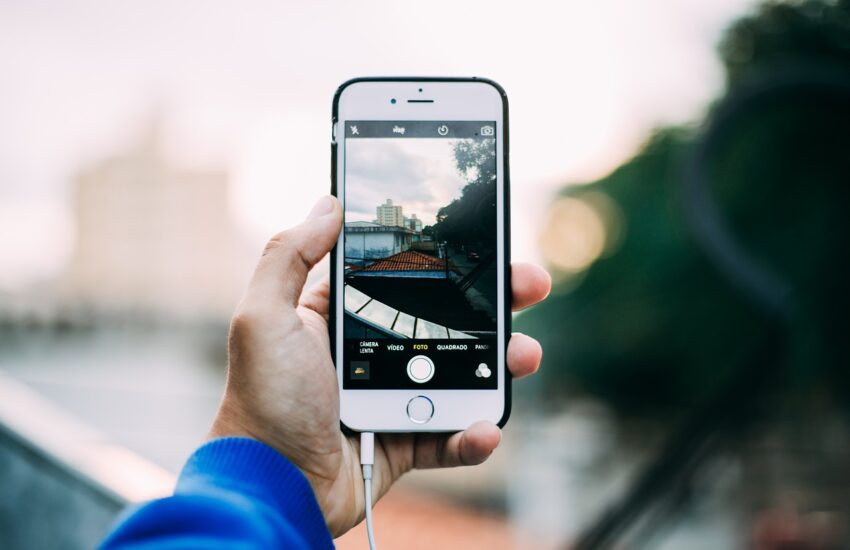Get Ready to Recycle Your Phone: Follow Our Guide for Best Practices
Introduction:
Upgrading to a new smartphone is exciting, but what do you do with your old device? Recycling your phone is not only environmentally responsible but also ensures that valuable materials are reused instead of ending up in landfills. Before you recycle your phone, however, there are a few essential steps you should take to protect your privacy and ensure the process goes smoothly. Here’s a guide to help you prepare your phone for recycling the right way.
1. Why Recycle Your Phone?
Recycling your phone contributes to environmental sustainability by:
Reducing Waste: Phones contain valuable materials like gold, silver, and copper, which can be recovered and reused.
Conserving Resources: Recycling reduces the need for mining new materials, conserving natural resources.
Protecting the Environment: Proper disposal prevents hazardous components from leaching into the soil and water.
2. Preparing Your Phone for Recycling
Back Up Your Data:
Before you do anything else, back up your phone to ensure that all your photos, contacts, messages, and other important files are safely stored. You can use iCloud, Google Drive, or another backup service to secure your data.
Erase All Data:
After backing up your data, it’s crucial to erase all personal information from your phone. This prevents unauthorized access and misuse of your private data. Follow the manufacturer’s guidelines for performing a factory reset. For example, on an iPhone, go to Settings > General > Reset > Erase All Content and Settings.
Remove SIM Card and Memory Card:
If your phone has a SIM card or a memory card, remove them before recycling. SIM cards contain sensitive information, and memory cards may hold personal files that were not backed up.
Check for Accessories:
Make sure you remove any accessories, such as cases, screen protectors, and batteries (if removable). These items should be disposed of separately according to local regulations.
3. Choosing a Responsible Recycler
Certified Recyclers:
Look for recycling programs that are certified by reputable organizations such as the Responsible Recycling (R2) standard or the e-Stewards certification. These certifications ensure that recyclers adhere to strict environmental and safety standards.
Manufacturer Take-Back Programs:
Many phone manufacturers offer take-back programs that allow you to return your old device directly to them for recycling. Check the manufacturer’s website for details on how to participate.
Local Recycling Centers:
Your local government or community may have designated electronic waste (e-waste) collection points. Visit your city or county’s website to find the nearest e-waste recycling center.
Retailer Programs:
Some electronics retailers offer recycling services for old phones. These programs can be convenient if you are shopping for a new device and want to dispose of your old one simultaneously.
4. Bonus Tips for Responsible Recycling
Donate If Possible:
If your phone is still in good working condition, consider donating it to a charity or organization that refurbishes devices for those in need. This gives your phone a second life and helps others who may not be able to afford a new device.
Verify Recycling Programs:
Always verify the legitimacy of recycling programs. Scammers sometimes pose as legitimate recyclers to collect devices and sell them on the black market.
Conclusion:
Recycling your phone is a responsible choice that benefits both the environment and society. By following these best practices, you can ensure that your device is recycled properly, protecting your privacy and contributing to a sustainable future. Remember to back up your data, erase all content, remove SIM and memory cards, and choose a reputable recycler. Happy recycling!
Don’t forget to visit Gbuyback.com, we are happy to recycle your phone with you.


